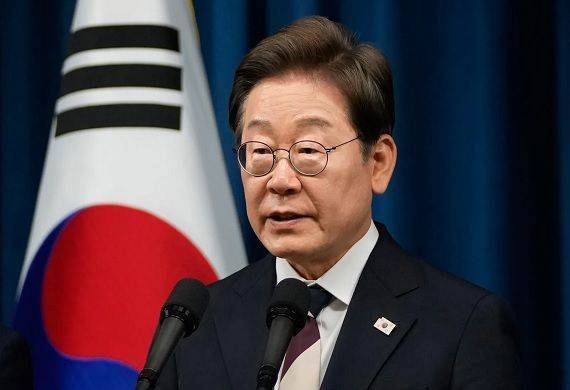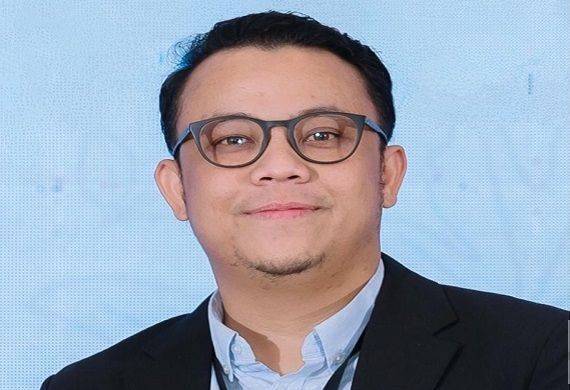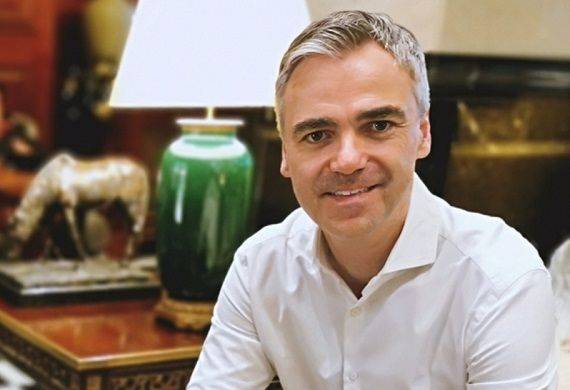South Korea's Lee: U.S. Investment Demands Risk Financial Crisis
By Global Leaders Insights Team | Sep 22, 2025

South Korea’s President Lee Jae-myung raised alarms on Sunday, warning that U.S. demands for $350 billion in investments could push his country’s economy into a crisis similar to the 1997 Asian financial disaster.
Lee expressed worry about stalled trade talks with the U.S., South Korea’s key ally and top trading partner. In July, the two countries verbally agreed to lower U.S. tariffs on Korean goods in exchange for major investments in American industries. But the deal hasn’t been finalized, stuck on disagreements over how the investments will be managed.
"The commercial feasibility of $350 billion in investments is the main trade obstacle with the U.S.," Lee said. He’s particularly concerned about the lack of a foreign exchange swap line, which South Korea sees as critical to protect the won currency.
- South Korea Warns U.S. $350B Investment Push Risks Financial Crisis
- Lee Jae-myung Flags 1997-Style Crisis Over U.S. Trade Demands
- Stalled U.S.-Korea Trade Talks Raise Tariff, Currency Swap Concerns
Without it, pulling such a huge amount of cash from Korean companies could lead to capital flight and market chaos, much like the 1997 crisis that nearly crippled the nation.
The U.S., led by Commerce Secretary Howard Lutnick, insists on controlling how the funds are used, comparing it to a recent deal with Japan and warning South Korea to “agree or face tariffs.” South Korea, however, wants guarantees that the projects are financially sound, not just blank checks. Lee’s adviser, Kim Yong-beom, stressed in July that these safeguards are needed to avoid risky financing.
Tensions aren’t limited to trade. Last month, a U.S. immigration raid at a Hyundai battery plant in Georgia detained over 300 Korean workers, sparking outrage in Seoul. Images of workers in shackles fueled public anger, though Lee noted that former President Trump personally stepped in to resolve the issue, calling it an overreach by law enforcement.
Lee’s August meeting with Trump in Washington built some goodwill but didn’t produce a breakthrough. With 28,500 U.S. troops in South Korea, both sides agree on increasing Seoul’s defense contributions, but the U.S. wants to keep security and trade issues separate. As Lee prepares to speak at the United Nations and lead a historic Security Council meeting—the first for a Korean president—he remains hopeful. “As close allies, we’ll find a way to be reasonable,” he said, determined not to give up easily.
Still, bigger challenges loom. Lee sees little hope for talks with North Korea, which has rejected outreach, and urged Trump to meet Kim Jong Un at an upcoming Asia-Pacific summit. He warned of growing dangers from military ties between North Korea, Russia, and China, which threaten South Korea’s position on the global stage. “We need peaceful coexistence,” he said, pushing for dialogue over conflict.
Also Read: US Blocks UN Gaza Ceasefire Plea, Crisis Deepens
Experts warn that a prolonged stalemate could shake investor confidence, already fragile amid global uncertainty. South Korea’s $410 billion in foreign reserves is far smaller than Japan’s, making the lack of a U.S. swap line a serious concern.
Lee, who became president in a June election after his predecessor’s martial law controversy, faces a tough balancing act. His New York trip, starting Monday, will test whether he can navigate these tensions—or if South Korea faces tariffs and economic trouble ahead.
.jpg)



